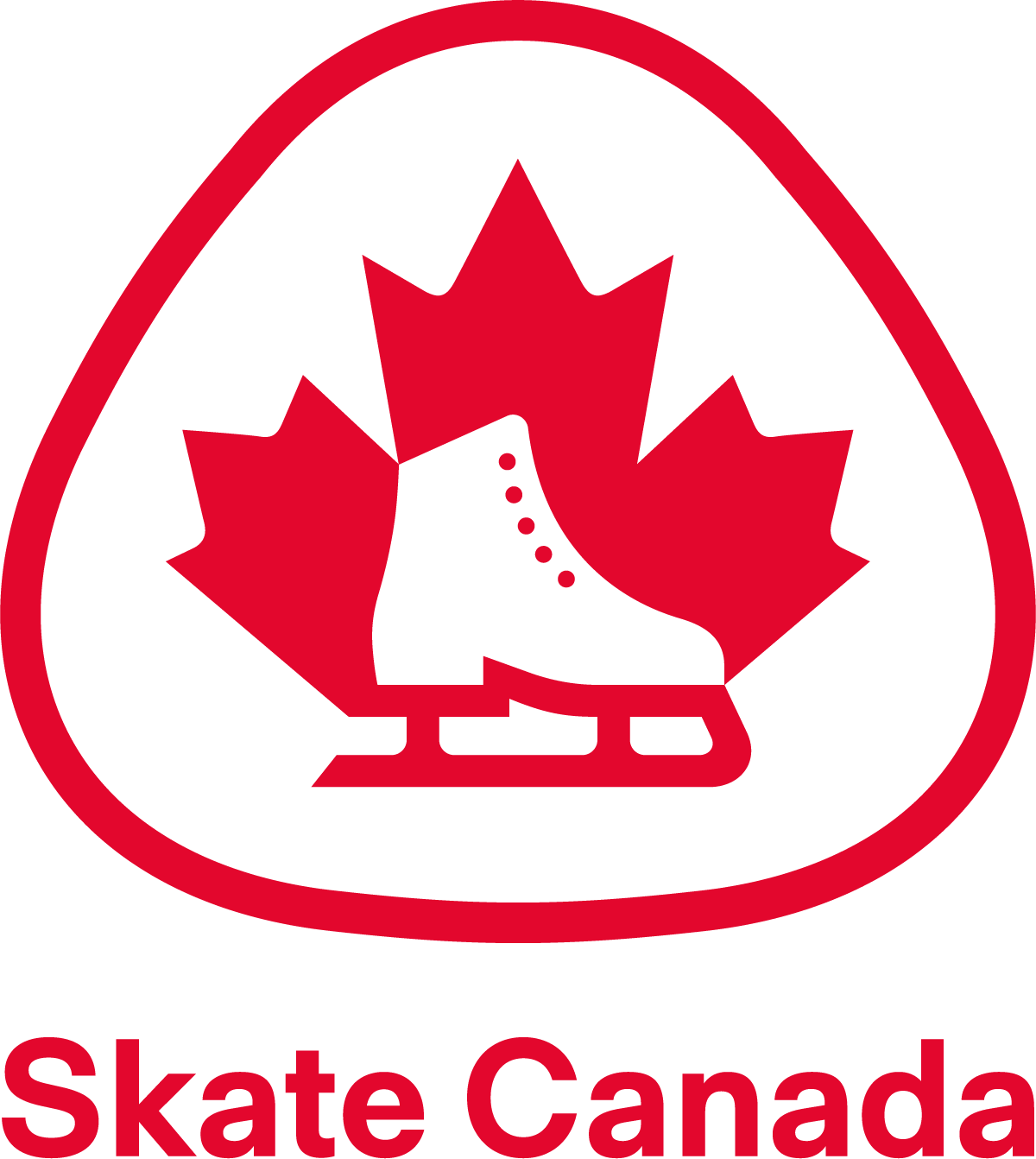Food ideas for daily, weekly, pre and post-competition planning.
Updated October 2018
Please click on link below.
10 Nutrition Tips for Keeping Athletes Healthy
Did you know that eating fish can help speed recovery of a concussion? In this #CoachToolKit tip, presented by TeamSnap, get 10 important nutrition tips to speed up recovery and shorten the healing time after an injury.
get 10 important nutrition tips
Cannabis in Sport
With the legalization of cannabis in Canada coming into effect, it is important to remember that in the world of anti-doping, the debate is not complicated. In sport, cannabis is prohibited. The Canadian Centre for Ethics in Sport invites you to educate yourself on this topic.
Download the education kit here
Extra Helpful food/snack tips
35 Snack Solutions for Athletes
We often hear athletes declare that they’re hungry. For some it could be hourly, while for others it’s only close to meal times. Because athletes typically have more muscle mass than inactive individuals, they tend to have a high metabolism, which causes them to need more calories and to be hungry often. This is where snacks come in.
Snacks serve many purposes. They can:
- Dampen hunger so that less is eaten at meals
- Provide extra calories to contribute to daily energy needs
- Function as pre-exercise or post-training fuel
- Help athletes maintain their energy level throughout the day to prevent fatigue
Snacks can also provide energy during training. For example, an alpine skier might reach for a snack during their chairlift ride up the mountain between training runs; a hockey player may grab a quick snack between their hockey practice and dry-land fitness session when faced with back-to-back workouts; and a swimmer may purposefully snack in the evening to help energize their upcoming early morning training.
Different athletes on different days have different energy needs. One size doesn’t fit all when it comes to snack selection. The following snack examples are healthy additions to contribute to an athlete’s complete nutrition. For nutrient variety, snacks should contain sources from 2 or 3 food groups. Fluids, such as water are a great addition to every snack. Experts specifically recommend protein-rich snacks be consumed between meals to help maintain healthy, muscular, body composition.
Snacks for Athletes
(Note: many of the wheat-based foods can be substituted equally with gluten-free alternatives)
150 Calorie Portions:
- 1 apple with 1 oz low fat (18% m.f.) cheddar cheese (7 g protein)
- 1 slice of whole grain bread with 2 tsp natural peanut butter (7 g protein)
- ¾ cup vanilla 0% Greek yogurt with ½ cup berries (15 g protein)
- 1 oz Swiss cheese (27% m.f.) with 4 melba toast rye crackers (9 g protein)
- 1 slice of whole grain toast (dry) with 1 hard-boiled egg and a tomato slice (11 g protein)
- ¼ cup hummus and 1 cup raw carrots (6 g protein)
- 15 almonds and ½ cup grapes (5 g protein)
- 1 granola bar and 1 orange (3 g protein)
- 2 rice cakes and 1 tbsp almond butter (4 g protein)
- 3 cups air popped popcorn and 2 tsp butter (3 g protein)
- 1.5 cups raw veggies (snap peas, carrots, celery, peppers, etc.) and 2 tbsp ranch dressing (2 g protein)
- ½ cup unsweetened apple sauce and 2 fig cookies (2 g protein)
- ½ cup 1% cottage cheese and ¾ cup berries (16 g protein)
- 1 shredded wheat biscuit (or ½ cup most dry cereals) and 1 cup unsweetened almond milk (4 g protein)
300 Calorie Portions:
- ¾ cup of vanilla 1% Greek yogurt, ½ cup blueberries, and ½ cup cereal (18 g protein)
- ½ cup 1% cottage cheese with ½ cup diced pineapple, and 15 almonds (18 g protein)
- 1 Clif bar (oatmeal raisin walnut) and 1 cheese string (1 oz) (18 g protein)
- 2 poached eggs on a whole wheat English muffin and chopped green onion (18 g protein)
- 2 rice cakes, 2 tbsp peanut or almond butter, 1 large banana (9 g protein)
- 2 ounces of light cheddar cheese (18% m.f.), 4 whole wheat crackers, 1 apple (17 g protein)
- 2 cups chicken vegetable soup (reduced fat & sodium), 1 whole wheat dinner roll with 1 tsp butter (16 g protein)
- 1 medium whole wheat pita bread, 2 oz of cooked chicken breast, 1 tbsp low fat mayonnaise with ½ cup spinach and ¼ cup sliced bell peppers (25 g protein)
- 1 medium whole wheat tortilla wrap (17.5-20 cm diameter), ¼ cup hummus, 1/8 avocado, raw veggies (8 g protein)
- Protein bar containing at least 20 grams of protein, 30-35 grams of carbohydrates, and 7-10 grams of fat (20 g protein)
- 2 cups vegetable salad tossed with 4 oz tuna fish and 2 tbsp Italian salad dressing (30 g protein)
500 Calorie Portions:
- 1 cup cooked oatmeal, ½ cup 1% milk, 1 tbsp almonds, ¼ cup raisins, and ½ scoop (0.5 oz) whey protein powder or ½ cup vanilla 1% Greek yogurt (22 g protein)
- 1 cup bran type cereal w. raisins, 1 cup 1% milk, 1 banana (14 g protein)
- 6” submarine type sandwich (chicken breast, roast beef, or ham) plus cheese and clear “sub” sauce, and 1 cup milk (1%) (33 g protein)
- Salad containing: 1 cup of cooked pasta, ½ cup vegetables, 2 tbsp Italian or Greek salad dressing, plus 3 oz chicken breast (no skin) (34 g protein)
- Salad containing: 1 cup cooked quinoa, 3 oz cooked salmon, 1 cup raw veggies, and 1 tbsp Italian dressing (32 g protein)
- Sandwich on 2 pieces of whole grain bread, ½ can of tuna (60 g drained), 1 tbsp low fat mayonnaise, and 1 cup 1% chocolate milk (38 g protein)
- 3 oz baked salmon with 1 cup cooked brown rice and 1 cup Greek salad (26 g protein)
- Smoothie made with 1 scoop protein powder, 1 cup fresh or frozen berries, 1 banana, and 2 cups 1% milk (35 g protein)
- Smoothie made with 1 cup 0% plain Greek yogurt, 1 cup fresh or frozen berries, 1 banana, and 2 cups 1% milk (35 g protein)
- 1 medium whole wheat bagel, 2 tbsp peanut or almond butter, ½ cup fruit (16 g protein)


